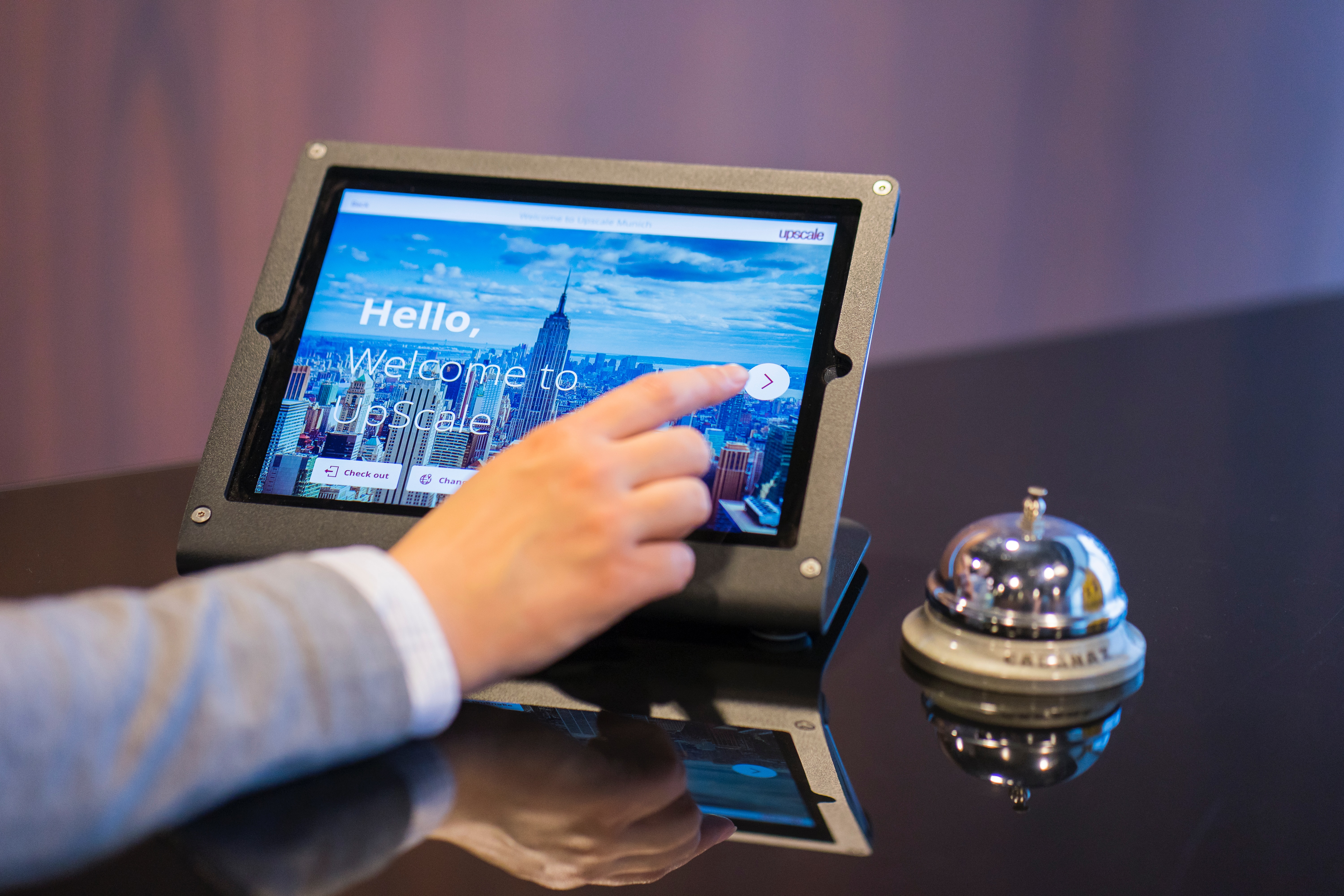Implementing personalisation techniques, powered by technology, can elevate your hotel to even greater customer service levels. In the competitive landscape of the hospitality industry, providing a stellar guest experience is vital for hotels striving to stand out....
Blog
The advantages of using a Cloud-based SaaS Property Management System for hotels
Lower costs. Less hardware. More flexibility. A Cloud-based SaaS PMS modernises your hotel operations, processes and guest experiences.
How hotels can stay ahead of the competition
Understanding your guests, providing a compelling value proposition, and being savvy about your operations can help a hotel beat their competitors in the race to secure strong occupancy at a good price.
SIHOT’s 2024 Hospitality Trends
Stay on top of the trends impacting guest experiences and hotel operations to continually improve hotel business performance.
Nurturing guest relationships: a guide for hoteliers in 2024
As guest expectations evolve, we look at how hoteliers can foster a meaningful relationship with their guests
Travel trends: ‘slow travel’
Hot on the heels of consumer demand for travel and hospitality companies to be more sustainable, hotels are embracing the growing ‘slow travel’ trend which sees guests seeking a more relaxed and slow-moving experience, embedded with a true local flavour…
Make more from MICE business
As MICE travellers begin returning, hotels need to up their game to maintain these valuable contracts and up the ante for revenue generation. MICE travellers can be a picky bunch, with the need to provide exceptional service at each touchpoint as well as cater to very specific needs and preferences…
The importance of loyalty programmes in hotels
A well constructed loyalty programme benefits both the guest and the hotel. For hotels and resorts, loyalty schemes are a great way of securing first-party data, and truly understanding your specific guest profiles, helping you best assign human and financial resources to further improve your business
How to reduce your operational costs with technology
Hoteliers are turning to technology to assist in operations, housekeeping, maintenance and guest services. Systems and automation are helping to reduce the pressures on an already over-stretched staff and enable them to deliver a better guest experience by removing many administrative processes that have been a burden on team time. So too in the process, reducing costs by improving efficiencies in the team.
The art of upselling: how technology is helping hotels sell more
Upselling is a vital sales technique. It’s the process of selling higher priced or additional products or services to an existing customer. To be successful at upselling, you need to understand what is important to your customer and match your products to their needs and wants.
Enabling hotels to deliver a luxury digital hotel experience
A hotel’s PMS may be hidden from the view of guests, but they’re the crux of providing exceptional service throughout your business. Luxury properties need systems they can rely on to assist them in delivering luxury living and hospitality services. While the PMS takes care of core functions such as reservations, front-desk operations and payments in one convenient system, it also needs to facilitate a digital guest experience that can be relied on.










